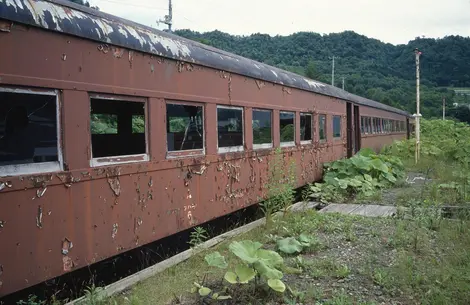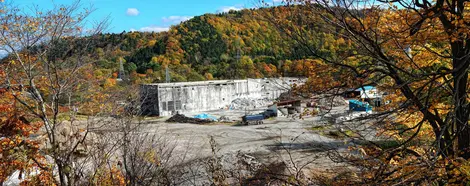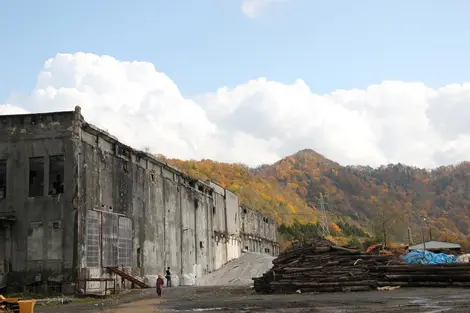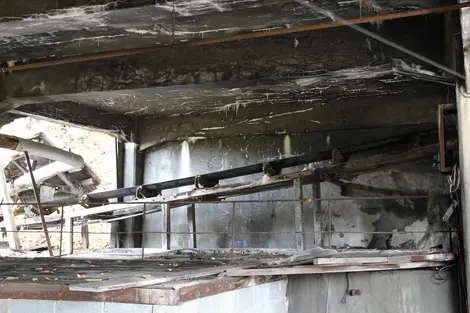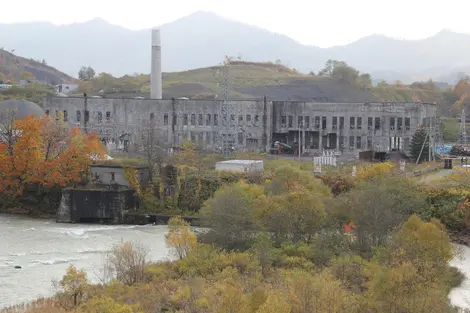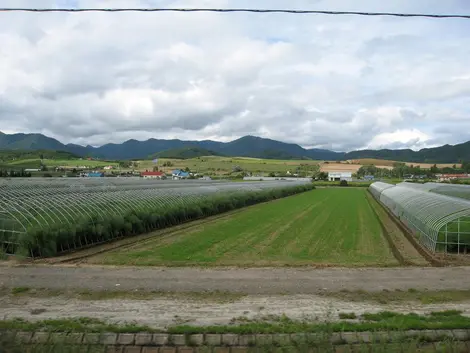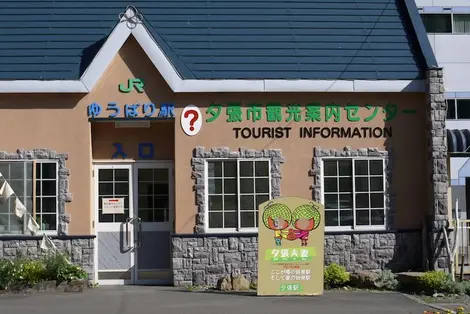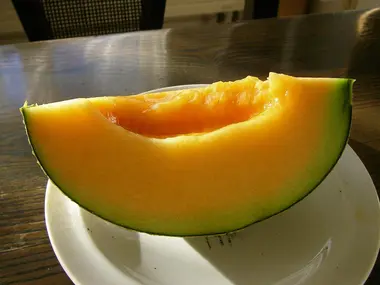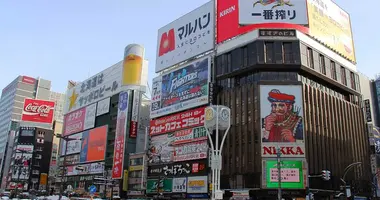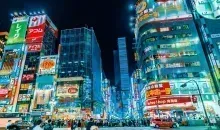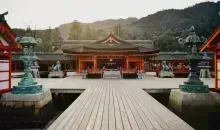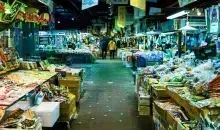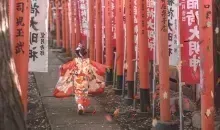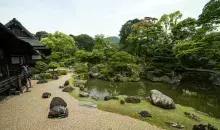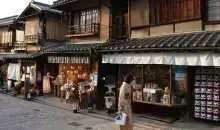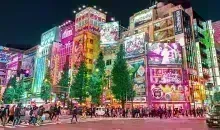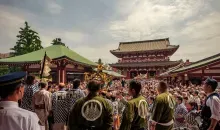Yubari 夕張市
A bankrupt town
Once a great mining town, Yubari suffered from the energy transition away from coal and lost 90% of its population in just 50 years. Learn the tragic fate of a town in the heart of Hokkaido.
The fall
A former coal capital, Yubari is no longer the thriving town of 120,000 people it once was in the 1960s. Today, in 2018, there are around 8,000 inhabitants in this ghost town in the far north of Japan. Many factors have contributed to this desertion.
Of course, the change in energy production led to the closure of the mines that employed the majority of the surrounding labor force. But the town of Yubari didn't give up, turning to the leisure sector to try and boost the region, helped along by state subsidies. Sadly, these initiatives were in vain and the city was forced to declare bankruptcy in 2007, after losing 90% of its inhabitants.
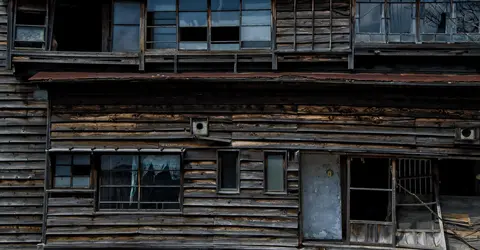
Abandoned homes
The desertion of the town by its residents was caused by several tragic events. First of all, a methane explosion in a mine killed 93 people in 1981, and resulted in the closure of the site. A few years later a second explosion killed 62 people in one of the last mines in the area that had held a glimmer of hope for Yubari. Its closure in 1990 sealed the fate of the inhabitants.
Another phenomenon that has worried the Japanese government for a decade also didn't spare Yubari: a general decline in the number of Japanese due to a very low birth rate, and an aging population. By 2020, there will be more people over 80 in Yubari than people under 40. Declaring bankruptcy also triggered a budget plan to limit the city's spending against its substantial debts. As a result municipal officials and officials have wages well below the national average. In conditions like this, it's understandably difficult to attract new inhabitants to the town.
To read : Gunkanjima, the deserted island
Trying to keep afloat
Knowing that its mining industries would close soon, the city began building a coal mining amusement park in the late 1970s, hoping to attract visitors this way. Although the park survived for a while a thanks to the financial support of the city, it wasn't enough and the rides were abandoned a decade ago.
Canceled in 2007 following its bankruptcy, although held again in subsequent years, the city has also organized the Yubari International Fantastic Film Festival since 1990 to help revitalize the local economy. Quentin Tarantino, who attended the festival in 1993, even lent his support to the city by naming one of the characters in the movie "Kill Bill" Gogo Yubari! But the international dimension of the festival has been abandoned due to a lack of means.
Many miners' houses have been razed and reclaimed by nature. The surrounding hills have turned green again, and it's hard to imagine that they were covered with soot for decades. A former abandoned school has been transformed into a "Nature Academy" where children can kayak and catch beetles. Shika deer have also appeared in the town and roam the empty streets, long deserted by most humans...
Also read : Five places to see deer in Japan
An expensive speciality
Today, Yubari is best known for its melons, protected as a food brand by GI (geographical indication) in the same way as Kobe beef. In the West, we may offer a good bottle of wine as a gift. But in Japan, it's common to offer a luxury fruit such as a Yubari melon. For a specimen to be considered of high quality, it must be perfectly spherical and have a smooth skin.
Every year, an auction is held that gives visibility to the former mining town by raising an ever-increasing amount of money. In 2018, a pair of melons was sold for a record 3.2 million yen (around $29,000 USD)!
Read more : Specialities of Hokkaido
The melon has become an emblem of the city, so you'll find it decorating road signs, tourist posters, and most importantly, the (unofficial but very popular) mascot of the city, a bear with his head in a melon. And far from adorable mascots like Kumamon (another bear who represents the city of Kumamoto), Meron Kuma has a hobby of terrorizing children! This somewhat unusual animal-fruit mascot has gained popularity recently, and helped the town of Yubari gain more visibility.
Related : Mascots in Japan


